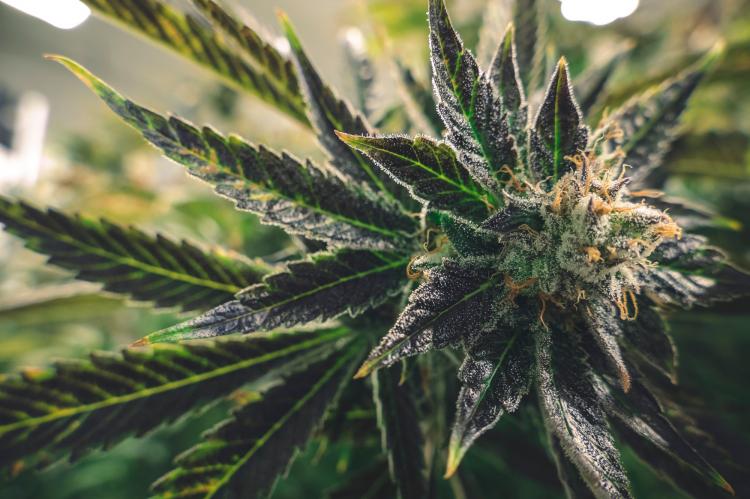Cannabis ETFs inch higher after touching all-time lows
Exchange-traded funds that invest in cannabis stocks rebounded Tuesday, one day after a global equity rout dropped them to all-time lows.
The $509 million ETFMG Alternative Harvest ETF (MJ.P) gained 2.2% in afternoon trade, while the $318 million Horizon Marijuana Life Sciences ETF (HMMJ.TO) rose 1.8% during a market rally that pushed the U.S. benchmark S&P 500 up nearly 2.8%.
Both funds are down more than 30% for the year to date, extending a selloff that began in spring of 2019 when lackluster sales, high debt levels and concerns about the slow pace of U.S. regulation began to weigh heavily on the industry.
Concerns about supply chain issues and a slowdown in consumer spending as a result of the rapidly-spreading coronavirus are weighing heavily on the sector, which was already facing declining fundamentals, said Michael Underhill, chief investment officer at Capital Innovations.
“You’re seeing a broad liquidation of any sectors that had weakness whatsoever,” Underhill said.
At the same time, cannabis companies are more popular among retail investors than institutional investors, making them more prone to rapid changes in sentiment, Underhill added.
“This is the downside of having a sector without a lot of institutional shareholder ballast,” Underhill said.
Shares of large cannabis companies such as Canopy Growth Corp (WEED.TO) and Cronos Group Inc (CRON.TO) are down more than 20% over the past month while shares of Tilray Inc (TLRY.O) have tumbled 54% over the same time.
Despite those share price declines, there are signs that exchange-traded fund investors are staying the course, said Todd Rosenbluth, director of mutual fund research at New York based CFRA. Funds such as the ETFMG Alternative Harvest ETF have not seen the same sort of outflows that the stock declines would suggest, Rosenbluth said, suggesting that the fund investors remain bullish on the sector.
“Investors that have chosen this as a long-term theme have remained committed rather than fleeing as the stocks inside have sold off,” Rosenbluth said.
- Log in to post comments

